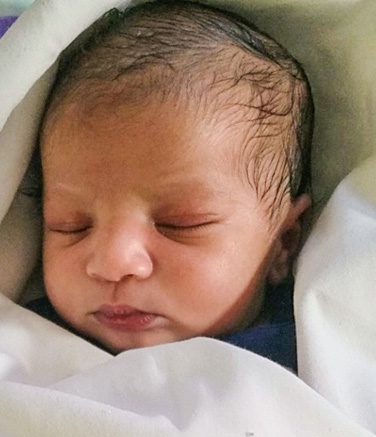A Rich Culture Biased?
In the colorful tapestry of Indian culture, one may find a thread that is woven with the silent but pervasive issue of baby gender bias. While India boasts a rich heritage, this cultural undercurrent often remains overlooked or ignored. However, it’s imperative to shine a light on this issue to promote gender equality and challenge traditional norms.
From ancient scriptures to modern society, the preference for male offspring has been deeply ingrained in Indian culture. Sons are often seen as carrying on the family lineage, performing last rites, and inheriting ancestral property. This preference is reflected in various aspects of life, from the celebrations at a child’s birth to the allocation of resources within families.
Societal Pressure
One of the most glaring manifestations of this bias is the prevalence of sex-selective abortions, particularly in regions where the dowry system persists. Families, burdened by the expectation of providing a hefty dowry upon their daughters’ marriage, sometimes resort to drastic measures to ensure the birth of a son. Despite legislation prohibiting sex-selective abortions, the practice continues clandestinely, perpetuating the cycle of gender discrimination.
Moreover, societal attitudes further reinforce this bias. Families often celebrate the birth of a son with grandeur, while the arrival of a daughter may be met with muted enthusiasm or even disappointment. This disparity in treatment sends a clear message about the perceived value of each gender, impacting children’s self-esteem and shaping their worldview from a young age.
The repercussions of baby gender bias extend beyond individual families, affecting society as a whole. Gender imbalance skews demographics, leading to a surplus of men in certain regions and exacerbating issues such as human trafficking and violence against women. Furthermore, it perpetuates stereotypes and restricts opportunities for women, hindering progress towards gender equality.
Breaking free from this cycle of bias requires a multi-faceted approach that addresses cultural, social, and economic factors. Education plays a crucial role in challenging ingrained beliefs and fostering a more inclusive mindset. By promoting girls’ education and empowering women economically, society can shift perceptions of gender roles and values.
Turning to the Law
Legislation alone is not sufficient to eradicate baby gender bias; enforcement and awareness are equally essential. Efforts to combat sex-selective abortions must be coupled with initiatives to promote gender-neutral attitudes and celebrate the birth of every child, regardless of gender. Media and popular culture can also play a pivotal role in shaping perceptions and challenging stereotypes.
Ultimately, overcoming baby gender bias in Indian culture requires a collective effort that involves individuals, communities, and policymakers. It’s about dismantling centuries-old norms and embracing a more equitable vision of a society where every individual, regardless of gender, has the opportunity to thrive and contribute meaningfully.
As we continue on this journey towards gender equality, let us confront the uncomfortable truths within our culture and work together to build a future where every child is welcomed with love and acceptance, regardless of their gender.

